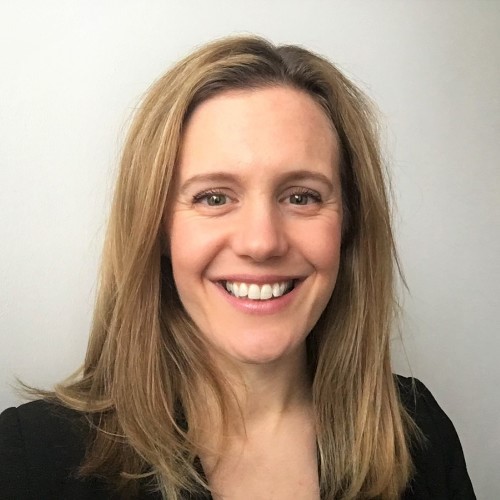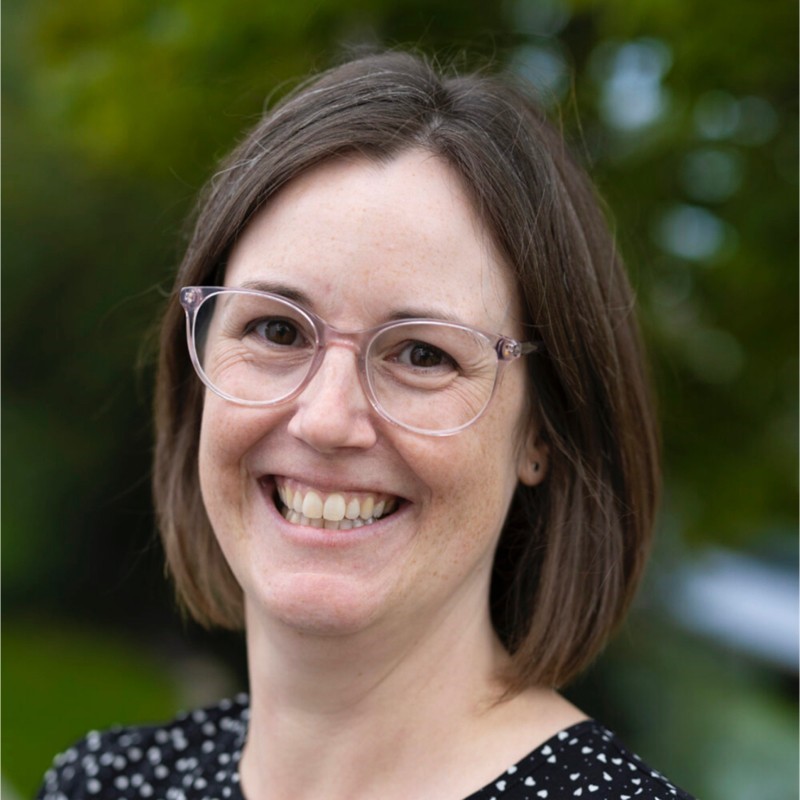Using AI to Transform EDI Research
A case study of how an AI tool can enable a more inclusive approach to qualitative analysis.
Date: 13th May 2025 13:00-14:00
The Autonomy Institute is a data-driven research and consultancy not-for-profit, focusing on work and climate, who are co-investigators on the EDI Caucus. Scribe is Autonomy’s in-house AI tool designed to transform how researchers engage with unstructured text data from surveys, interviews, and consultations—making it especially powerful for equity, diversity, and inclusion (EDI) research. By clustering responses, identifying emergent themes, and quantifying qualitative patterns, Scribe allows researchers to surface insights from diverse voices at scale while maintaining traceability back to original responses. In this session, Lukas and Sean demonstrate how Scribe could enable a more inclusive approach to qualitative analysis—supporting mixed-methods research, participatory studies, and intersectional inquiry by removing bottlenecks in processing and interpretation. Rather than replacing the researcher, Scribe augments their work—expanding what’s possible in EDI-focused empirical inquiry.
To view the Scribe demo, which is worth exploring, click here.
Presenters:
Lukas Kikuchi
Lukas is one of Autonomy’s co-directors and is head of the Autonomy Data Unit, where he leads our team to develop new, innovative data tools and analysis. He uses skills developed through doctoral research into statistical physics and stochastic processes at the University of Cambridge.
At Autonomy, Lukas has led the majority of our quantitative research projects including our work with Warrington Borough Council on their future Skills Commission. He was the lead developer of Scribe, the augmented research tool for processing large volumes of qualitative information that we will adapt in this project. Lukas also built Autonomy’s Annual Deprivation Index (ADI), an annual measure of geographical deprivation and prosperity in England and Wales improving upon the Index of Multiple Deprivation.
Sean Greaves
Sean is a machine learning solutions engineer, and joined Autonomy last year following data-based fellowships and collaborations with Bellingcat and the Strelka Institute.
At Autonomy, Sean explores the potential of AI for progressive change. This includes leading the development of our GERM tool – the Geopolitical and Environmental Risk Monitor – and deploying Scribe to support our four-day week consultancy work, analysing hundreds of survey responses with open-ended questions.
This lecture is part of a lunchtime seminar series on research methods in equality, diversity and inclusion (EDI) research. Stay tuned and subscribe to our mailing list (linked here) to receive details on future sessions.
On 11 June 13:00-14:00 BST join us for our third seminar on Social Network Analysis.
Sed enim odio fames pretium cum viverra nibh egestas. Sagittis, tempor a mattis lectus. Mattis blandit neque dui pharetra senectus consequat et tempus viverra. Sed laoreet sed augue facilisis venenatis ut. Et felis convallis condimentum bibendum eget natoque sem. Felis, pretium morbi rutrum a donec.
- Viverra nibh egestas. Sagittis, tempor a mattis lectus.
- Mattis blandit neque dui pharetra senectus consequat et tempus viverra.
- Sed laoreet sed augue facilisis venenatis ut.
Et felis convallis condimentum bibendum eget natoque sem. - Felis, pretium morbi rutrum a donec.
Check out EDICa’s resources
EDICa hosts a regular blog and seminars, as well as collecting a library of resources of equality, diversity & inclusion practices in research & innovation.

Research Methods: Inclusive science communication – Recording
Recorded on 22 April 2025, watch the recording of our first research methods seminar on a truly inclusive approach to creating the researchers of the future, looking at inclusive science communication.

The Impact of the COVID-19 pandemic on the career progress of disabled researchers in intersection with race, gender and caring responsibility
Date: 6 March 2025
Flexible Funded project report on the impact Covid-19 had on career progress of disabled researchers in intersection with race, gender and caring responsibility.

Report on Feeding the research & innovation pipeline – Covid-19 and closing the awarding gap
Date: 3 March 2025
Flexible Funded project report on the degree awarding gap and Covid-19’s impact.




































